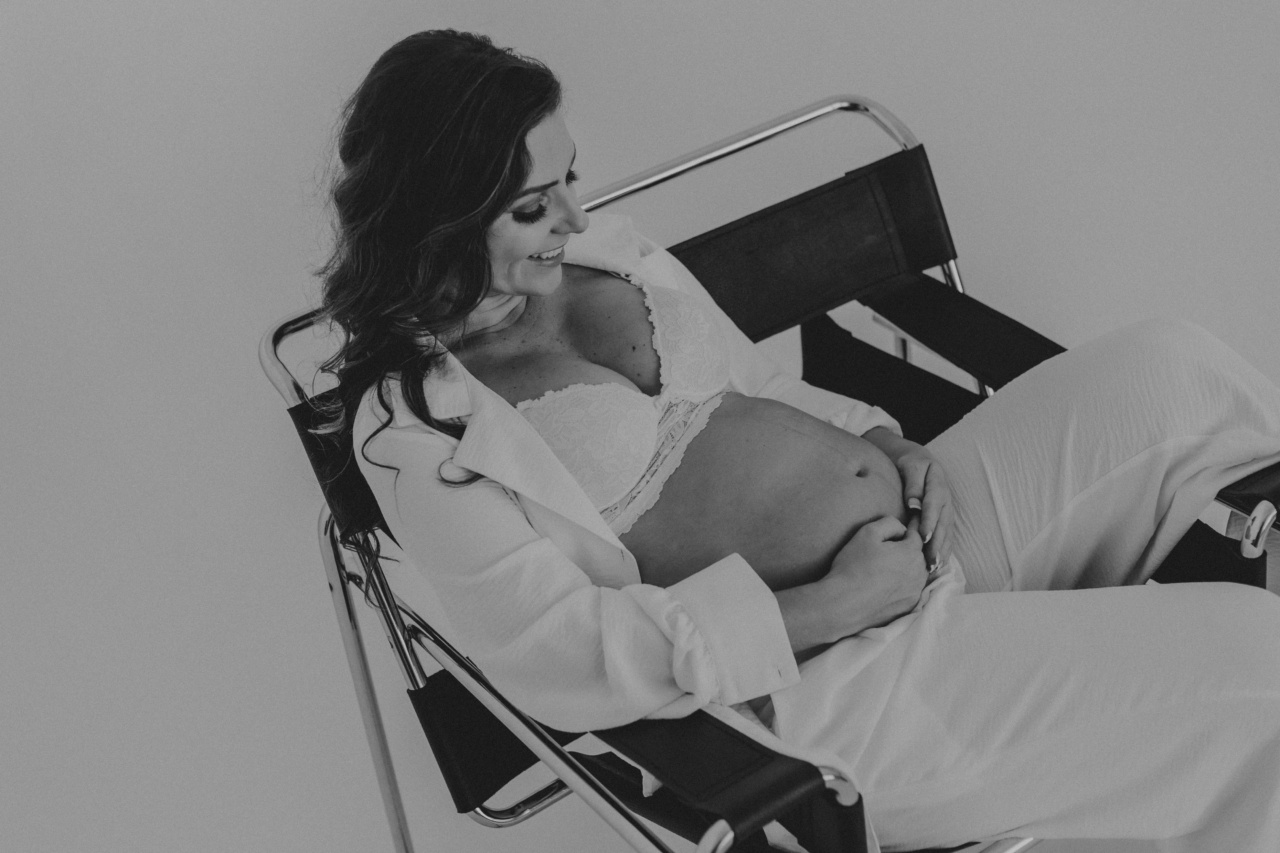Pregnancy is an exciting time for expectant mothers, but it can also be a challenging journey filled with various discomforts. Hemorrhoids are one of the most common pregnancy-related conditions that women experience.
They are swollen veins in the rectal area, causing pain, discomfort, and itching. Hemorrhoids can be caused by various factors, including hormonal changes, increased pressure on the rectal veins, and constipation.
What are the symptoms of hemorrhoids during pregnancy?
Identifying the symptoms of hemorrhoids early on is crucial in managing them effectively. Here are some common symptoms of hemorrhoids during pregnancy:.
- Pain and discomfort around the anus
- Itching and irritation in the rectal area
- Burning sensation while passing stools
- Bleeding during bowel movements
- Sensation of something bulging out of the anus
What causes hemorrhoids during pregnancy?
Hemorrhoids during pregnancy can be caused by various factors, including:.
- Hormonal changes – During pregnancy, the increase in progesterone levels can cause the walls of the veins to relax, leading to swelling and inflammation in the rectal area.
- Increased pressure on veins – As the uterus grows, it puts pressure on the veins in the rectal area, causing them to swell and bulge.
- Constipation – Pregnancy can also slow down digestion, making it harder to pass stools. Straining during bowel movements can also contribute to the development of hemorrhoids.
- Poor diet – A diet that is low in fiber can cause constipation, which can contribute to the development of hemorrhoids.
How to prevent hemorrhoids during pregnancy?
Prevention is always better than cure, and this is especially true when it comes to hemorrhoids during pregnancy. Here are some tips to prevent hemorrhoids:.
- Eat a high fiber diet – A diet rich in fruits, vegetables, and whole grains can help regulate digestion and prevent constipation.
- Drink plenty of water – Staying hydrated can also help soften stools and make them easier to pass.
- Avoid sitting or standing for long periods – Sitting or standing for extended periods can increase pressure on the rectal veins, leading to the development of hemorrhoids. Try to take frequent breaks and move around.
- Use a pregnancy pillow – Sleeping on your side with a pillow between your legs can help alleviate pressure on the rectal veins and prevent hemorrhoids.
- Practice good hygiene – Keeping the rectal area clean and dry can help prevent infection and irritation that can contribute to hemorrhoids. Use gentle wipes or moist toilet paper, and avoid using soap as it can irritate the area.
- Exercise regularly – Regular exercise can help regulate digestion and prevent constipation. It can also improve blood circulation, reducing the risk of hemorrhoids.
How to relieve hemorrhoids during pregnancy?
If you are experiencing hemorrhoids during pregnancy, there are several ways to alleviate the symptoms:.
- Take warm baths – Soaking in a warm tub can help reduce swelling and ease pain and discomfort.
- Use cold compresses – Applying a cold compress to the affected area can help reduce inflammation and alleviate itching and burning.
- Apply topical creams – There are several over-the-counter creams and ointments that can help relieve pain and discomfort caused by hemorrhoids. Look for creams that contain lidocaine or hydrocortisone.
- Use medicated wipes – Medicated wipes can help soothe irritation and reduce swelling in the rectal area. Look for wipes that contain witch hazel or aloe vera.
- Avoid straining during bowel movements – Straining can aggravate hemorrhoids, making the symptoms worse. If you are constipated, try using a stool softener or fiber supplement.
- Practice pelvic floor exercises – Strengthening the pelvic floor muscles can help improve blood circulation and reduce the risk of hemorrhoids.
When to see a doctor?
If your hemorrhoids are severe or do not improve with home remedies, it is important to see a doctor. In some cases, hemorrhoids can lead to complications, such as anemia or a blood clot.
Your doctor may recommend additional treatments, such as rubber band ligation, sclerotherapy, or surgery.
Conclusion
Hemorrhoids can be an uncomfortable and painful condition, especially during pregnancy. Fortunately, there are various ways to prevent and alleviate the symptoms.
By following a healthy diet, staying hydrated, and practicing good hygiene, you can reduce your risk of developing hemorrhoids. If you are experiencing symptoms, there are several home remedies and over-the-counter treatments that you can try. If your symptoms persist or worsen, it is important to see a doctor to rule out any complications.






























